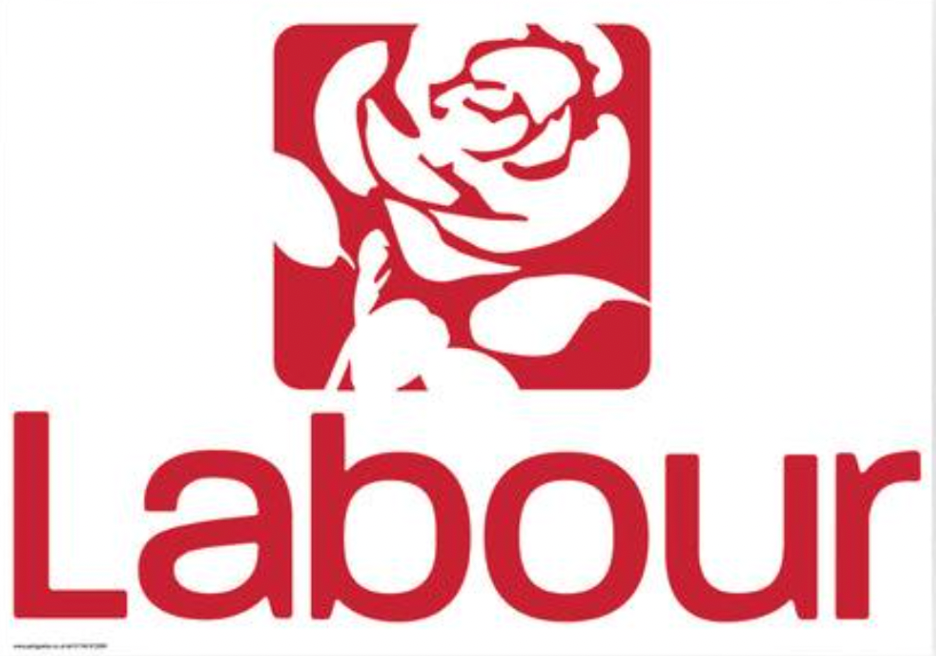26 June 2024
 With a Labour landslide heavily anticipated next week, attention has turned to how a Starmer Government will fund the many strategies and plans set out in Labour’s 136 page ‘Change’ manifesto and what it could mean for business.
With a Labour landslide heavily anticipated next week, attention has turned to how a Starmer Government will fund the many strategies and plans set out in Labour’s 136 page ‘Change’ manifesto and what it could mean for business.
Whilst focused on our industry’s priorities, British Marine is also looking to where those priorities fit within the wider growth agenda and where they complement proposals put forward by the main political parties. Our Public Affairs Team is looking to foster new champions on the green benches post 4 July to champion the marine industry, including our calls on issues such as planning and other regulatory reform required to hasten decarbonisation; support to address skills shortages; and the need for greater protection of our marine environment to safeguard marine tourism.
The Labour Party intends to bring forward an ambitious Industrial Strategy to drive economic growth and deliver clean energy by 2030. Focused on partnering with industry, the Strategy would stimulate growth through a £7.3bn National Wealth Fund. This would see £2.5bn invested in the steel industry; £1.8bn on upgrading ports and building their UK supply chains; £1.5bn on battery production; £1bn in carbon capture; and £500m in manufacturing green hydrogen. The aim is to attract three-times as much private investment in high-growth sectors.
Labour will revise the National Planning Policy Framework and invest in economic infrastructure, such as roads, rail and new reservoirs. It will invest £1.7 billion each year in Great British Energy, a new state energy company, to roll out renewables and secure supplies of clean energy. Yet it will take time and potentially far more public investment to successfully reverse the UK's low productivity. This is where the challenge and uncertainty lie.
The incoming government already faces £18bn cuts to public expenditure over the next five years; in addition, Labour has ruled out increasing income tax, national insurance contributions and VAT; and it is committed to tight fiscal rules that require national debt to be falling by the end of the next Parliament. Not only could these facts jeopardise Labour’s growth plans but are likely to result in a further squeezing of non-protected government departments, such as DEFRA, which is responsible for the Environment Agency, the UK’s second biggest navigation authority.
On a more positive note, Labour’s policies to provide business with more stability and certainty, such as holding only one fiscal event a year, capping corporation tax at 25%, and retaining permanent full expensing system for capital investment and the annual investment allowance are likely to be regarded as steps in the right direction. Yet for many businesses, the elephant in the room remains the UK's trading relationship with the EU with Brexit having reduced the UK's GDP by at least 5%. Labour hopes to secure concessions to the existing EU-UK Trade and Cooperation Agreement but both main parties have ruled out rejoining the European single market.
In addition to proposals to reform the planning system and take a far tougher stance on sewage pollution of our rivers and seas, Labour plans to increase flexibility and improve outcomes from the current Apprenticeships system by replacing it with a new flexible Growth and Skills Levy. It also plans to establish Skills England to work with local industry to ensure local people have the skills required. Whatever the outcome of the General Election, British Marine will work with relevant Ministers to ensure our industry is able to benefit from any such changes.
Members are urged to read our Industry Priorities document and email publicaffairs@britishmarine.co.uk if you have examples / case studies that would back up the ‘asks’ set out in the document, or have other issues you want to be considered.

